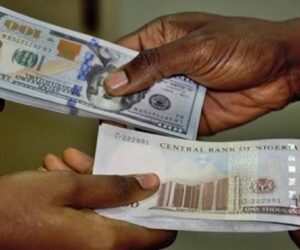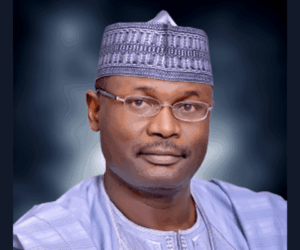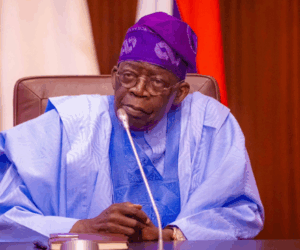Nigeria’s major crude oil grades, Brass River and Qua Iboe, dropped below the $68-mark on Monday, trading at $68.56 and $68.61 per barrel respectively, down 0.22 percent decline, according to market data.
The drop brings fresh concerns about the country’s fiscal outlook, as the federal government’s 2025 budget is predicated on a crude benchmark of $75 per barrel and a daily production target of 2.06 million barrels per day (bpd). The gap between assumptions and reality is widening, threatening to deepen fiscal imbalances in Africa’s largest economy.
When the 2025 budget was passed late last year, government officials defended the $75 per barrel benchmark as ‘conservative’ compared to global oil price forecasts. At the time, Brent crude averaged around $80 per barrel, while Nigeria’s light sweet grades typically sold at a premium.
Read also: Why India return to buying Nigerian crude oil is good for Africa top producer
But that buffer has since vanished, with global oil prices weakening on concerns over slowing demand in China and Europe, as well as a decline in geopolitical risk premiums. The fact that Nigeria’s premium grades are now trading below the government’s benchmark highlights the fragility of fiscal planning in an unpredictable energy market.
“The benchmark was ambitious, especially given the volatility we’ve seen in recent years,” said Aisha Mohammed, an energy analyst at the Lagos-based Centre for Development Studies. “With prices falling below $70, the government faces the prospect of significant revenue shortfalls unless there is a dramatic recovery in the months ahead.”
OPEC+ supply decision adds pressure
The decline in Nigeria’s crude grades coincides with the Organisation of the Petroleum Exporting Countries and allies (OPEC+) decision to raise output from October. Since April, the cartel has been gradually loosening the production cuts imposed during the pandemic to stabilise the market.
For Nigeria, the timing is delicate. While the country has only recently managed to meet its OPEC quota—recording an average production of 1.507 million bpd in July, slightly above its allocation, the increase in global supply could weigh on prices further.
Analysts warn that a prolonged period of low prices could undermine Nigeria’s fragile fiscal consolidation plans.
“Every extra barrel coming from OPEC+ adds to downward pressure on prices, and Nigeria, as a price-taker, has no control over the market direction,” said Mohammed.
Heavy reliance on oil
Nigeria’s dependence on crude revenues magnifies the risk. Oil accounts for more than 70 percent of government income and over 90 percent of foreign exchange earnings. Any sustained dip below the budget benchmark immediately threatens the funding of public projects, debt servicing, and foreign reserves.
Brass River and Qua Iboe have traditionally been prized for their low sulfur content and high yield of light products, attracting premium buyers in Europe and Asia. In recent years, however, shifting energy dynamics has reduced their competitive edge.
The U.S. shale boom has changed the global supply mix, with American light crude competing directly with Nigeria’s grades. At the same time, Europe’s gradual transition away from fossil fuels has reduced structural demand.
Risks to 2025 fiscal plans
The 2025 budget, which prioritises infrastructure spending, social welfare, and debt servicing, is already under pressure. If crude prices stay below the benchmark, planned capital expenditure could be slashed, undermining growth prospects.
Furthermore, Nigeria’s external reserves could come under strain as foreign exchange (FX) inflows decline. This would add pressure on the naira, which has been volatile since the government introduced a managed float system in 2023.
Analysts note that with inflation still hovering above 20 percent, any fiscal slippage could fuel further macroeconomic instability.
They noted that revenue underperformance is not just a fiscal issue as it affects monetary stability, investor confidence, and the broader economy.









